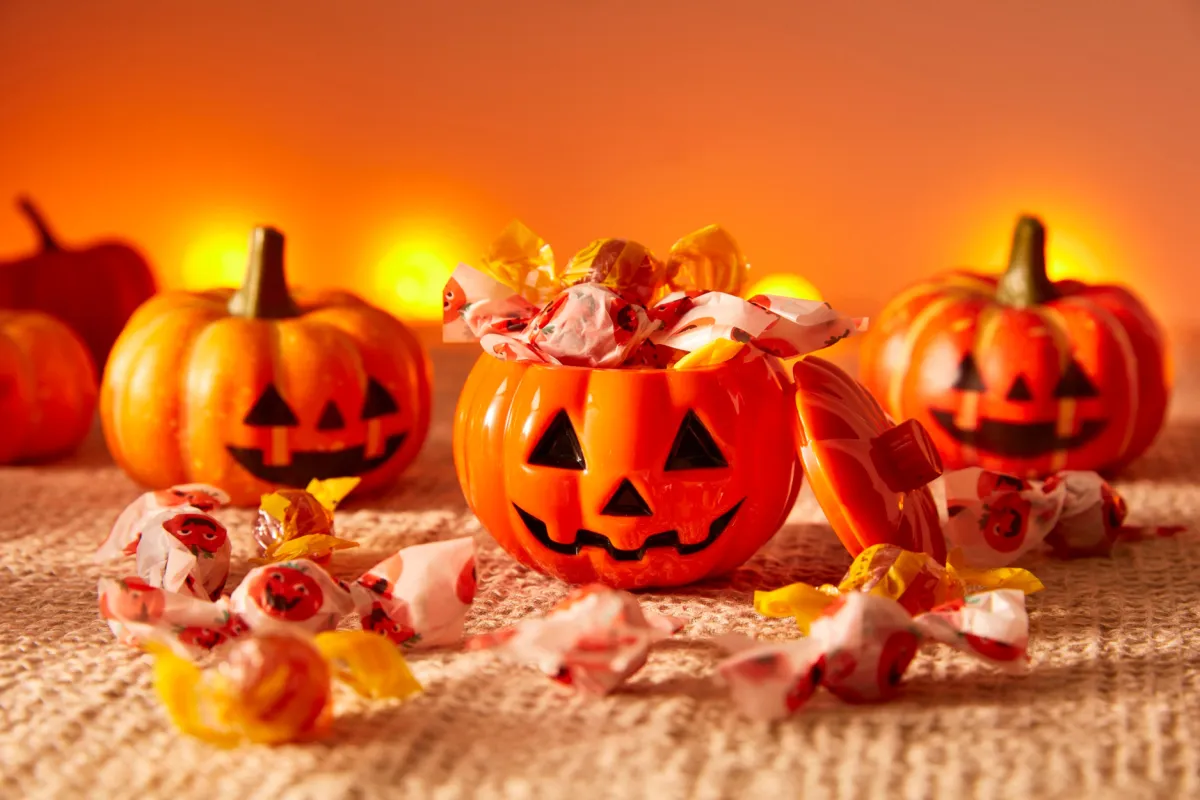
Practicing Halloween Is Practicing a Divination Ritual
Halloween customs trace back to ancient pagan practices, especially from the Celtic festival of Samhain (pronounced SOW-in).
Over centuries those folk beliefs blended with later Christian observances of All Hallows’ Eve, creating the modern holiday.
Here’s a clear look at what came from where
The Pagan Festival of Samhain — Its Roots
Who: The ancient Celts of Ireland, Scotland, and parts of northern France.
When: Evening of October 31 to November 1, marking the end of harvest and start of winter.
Belief: They thought the veil between the living and the dead was thinnest that night, allowing spirits to roam.
Purpose: To honor ancestors, ward off harmful ghosts, and seek omens for the coming year.
From this single festival flow nearly all the pagan elements that later attached themselves to Halloween.
Practices That Carried Over

Later Blending With Christian Traditions
When Christianity spread through Celtic lands (7ᵗʰ–9ᵗʰ centuries):
The Church created All Saints’ Day (Nov 1) and All Souls’ Day (Nov 2) to redirect people’s focus from pagan ancestor rites to remembering faithful believers.
The night before — All Hallows’ Eve — overlapped with Samhain, so pagan customs were “Christianized” rather than erased.
Over time, folk practices (costumes, fires, food) persisted even as their meanings changed.
Thus modern Halloween is a hybrid: outwardly playful today, but historically rooted in Celtic pagan rituals connected with spirits and divination.
Biblical Perspective
The Bible forbids the occult elements behind many of these origins:
“There shall not be found among you anyone… who uses divination… or one who calls up the dead.” — Deuteronomy 18:10-12
“Should they consult the dead on behalf of the living?” — Isaiah 8:19
"Do not participate in the useless deeds of darkness, but instead even expose them;"— Ephesians 5:11
From a scriptural view, anything that once served to summon or appease spirits or foretell the future is considered spiritually dangerous, even if re-packaged as entertainment. The day and pratices is a ritual that does that.
How Christians Have Responded
Reject and avoid Halloween entirely because of its pagan roots. Just like wiggy board or tarot cards
Why because Halloween (like a wiggy board & tarot cards) are all vehicles and tool used to practice divination?
Redeem: Others transform it into “Light” or “Harvest” festivals, celebrating God’s provision and victory over darkness. Something else and even on a different day.
In Summary

So yes — Halloween does contain pagan practices, most of which come from Celtic Samhain traditions that involved spirit appeasement and divination.
Over time they were absorbed into Western culture and disguised as folklore or fun, but their roots remain non-biblical.
What “All Hallows’ Eve” Means (Halloween)
“All Hallows’ Eve” simply means “the evening before All Saints’ Day.”
“Hallow” is an old English word for “holy” or “saint.”
So “All Hallows’ Eve” = “All Saints’ Eve.”
It was a Christian vigil — a time of prayer and preparation on the night before All Saints’ Day (November 1), which celebrated all believers who had died in faith.
The intention was to honor God for their lives, not to contact them or speak to the dead.
Went From Honoring Saints to Speaking to Dead Saints
When the Church introduced All Saints’ Day (around the 7th–8th centuries):
Christians gathered to thank God for faithful believers and martyrs who had gone before them.
They would pray to God, not to the dead.
They might remember the saints’ examples to be inspired to live faithfully.
However — and this is important — some later traditions within certain branches of the Church (especially in the Middle Ages) blurred the line between remembrance and communication.
People began to pray to saints, asking for their intercession, rather than praying through Christ alone.
That development does not appear in Scripture, and it differs from the practice of the early apostles and the teachings of Jesus.
God Commands to Not Speak to the Dead
The Bible clearly forbids trying to speak to the dead or seek guidance from spirits (Deuteronomy 18:10–12; Isaiah 8:19).
Instead, we are to pray directly to God the Father through Jesus Christ, by the Holy Spirit.
“For there is one God, and one mediator between God and men, the maSo biblically:
Remembering or honoring the faithful who have died = ✅ acceptable.
Trying to communicate with them or ask them for help = 🚫 forbidden.
How All Hallows’ Eve Became Halloween
Over time:
The Church’s All Hallows’ Eve on November 1st overlapped with older pagan Samhain traditions on October 31st, which included beliefs about the dead crossing over. They simply combined them.
In some areas, those pagan customs mixed with Christian observances — and that blending produced what we now know as Halloween.
So while the Church’s intent was to honor God for the saints’ lives, some cultural practices kept the old pagan elements of divination and spirit contact alive.



